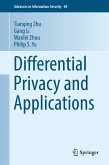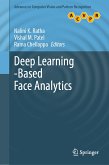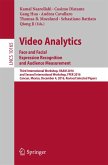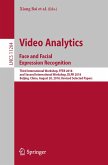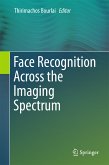This book is a compelling exploration of the rapidly evolving field of Face De-Identification and privacy protection in the age of advanced AI-based face recognition technology and pervasive surveillance. This insightful book embarks readers on a journey through the intricate landscape of facial recognition, artificial intelligence, social network and the challenges posed by the digital footprint left behind by individuals in their daily lives. The authors also explore emerging trends in privacy protection and discuss future research directions.
Researchers working in computer science, artificial intelligence, machine learning, data privacy and cybersecurity as well as advanced-level students majoring in computers science will find this book useful as reference or secondary text. Professionals working in the fields of biometrics, data security, software development and facial recognition technology as well as policymakers and government officials will also want to purchase this book.
Dieser Download kann aus rechtlichen Gründen nur mit Rechnungsadresse in A, B, BG, CY, CZ, D, DK, EW, E, FIN, F, GR, HR, H, IRL, I, LT, L, LR, M, NL, PL, P, R, S, SLO, SK ausgeliefert werden.




